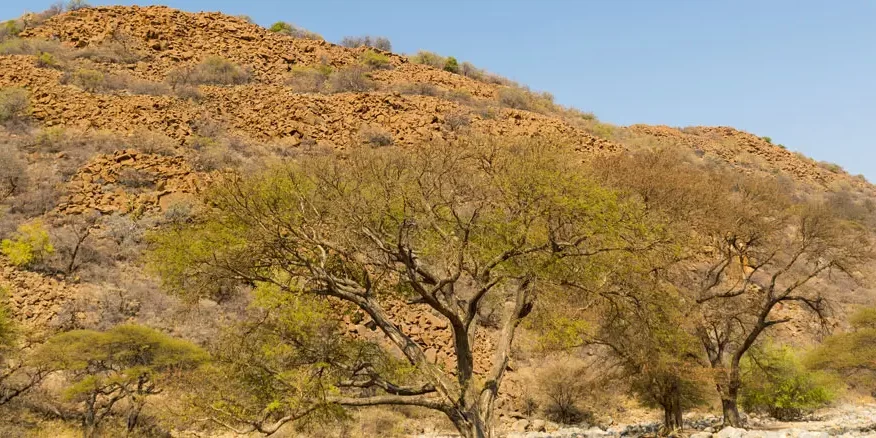Revolutionary hydro-powered Chlorine Dioxide generator helps to bring clean water to Botswana.
Scotmas were able to develop an ultra-low power dosing pump technology, capable of being remotely monitored by GSM data connections widely available throughout Africa.
The Challenge
The Botswana Water Authority approached Scotmas, seeking innovative proposals to deliver effective drinking water treatment to 40 rural villages. Water in these villages remained untreated due to high levels of minerals naturally found in the water, which would lead to toxic by-products if traditional chlorine were to be added to the water. Due to desertification in Botswana, water can be pumped for up to 80 miles from a Borehole to the village where there is no mains electricity. Previous water treatment programs had failed partly due to theft of diesel generators and solar panels used for the equipment.
The project presented enormous technical, commercial and logistical challenges, in terms of developing a water treatment solution at an acceptable price point, in a very different market environment.
The Solution
We set about engaging with technical experts in the field in order to solve the water treatment problems presented. Using the Raspberry Pi computing platform, and pumping technology borrowed from inkjet printers, we were able to develop an ultra-low power dosing pump technology that was capable of being remotely monitored by GSM data connections that are widely available throughout Africa.
We were also able to identify and adapt a technology that had been developed for Smart Water Grids in large cities that would generate small amounts of electricity from the flow of water in the pipe itself. Using this pico-hydro technology instead of solar panels or generators meant that there would be no value in stealing the power source for the water treatment plant.
Despite being delighted with the technical solution we had developed, we recognised the need to engage further with our potential clients to gain a deeper understanding of the on-site issues, and invited an engineering and technical representative from Botswana to work with us in Kelso to develop the final solution.
The Results
The system has now been installed and is fully operational, providing safe, clean drinking water to more than 40 villages in rural Botswana. Where previous systems have failed due to the theft or failure of the power source, the unique power generation process in the Scotmas chlorine dioxide generator is proving to be a sustainable, long term solution.

